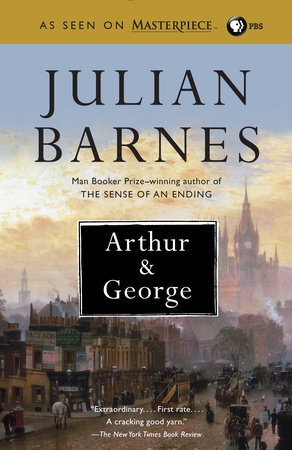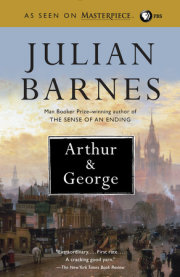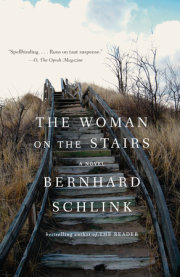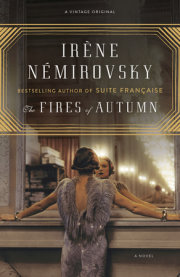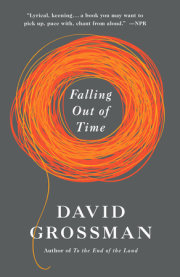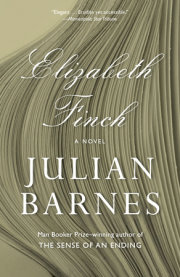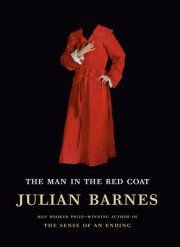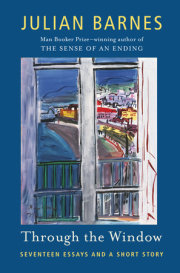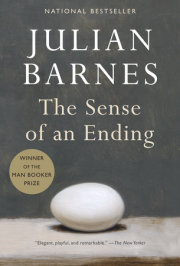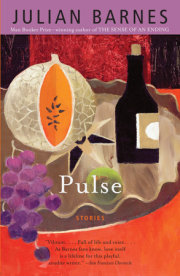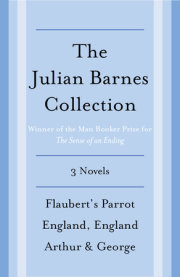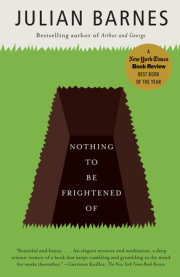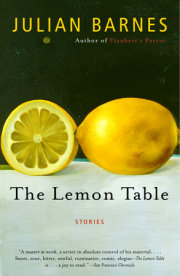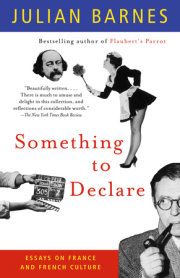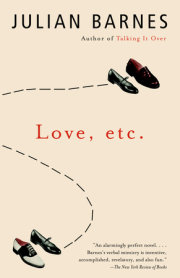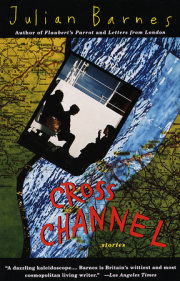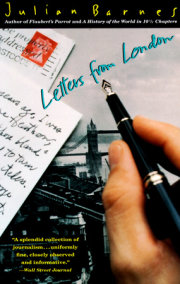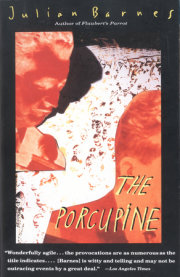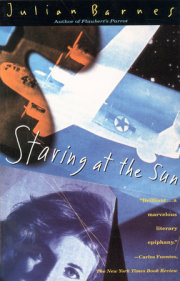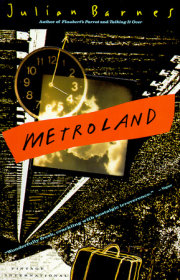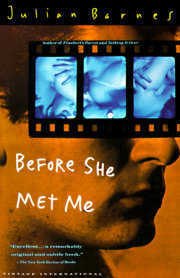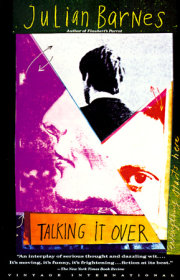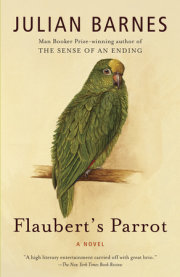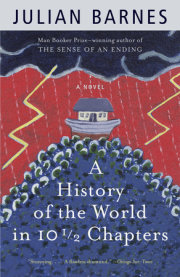one
Beginnings
ArthurA child wants to see. It always begins like this, and it began like this then. A child wanted to see.
He was able to walk, and could reach up to a door handle. He did this with nothing that could be called a purpose, merely the instinctive tourism of infancy. A door was there to be pushed; he walked in, stopped, looked. There was nobody to observe him; he turned and walked away, carefully shutting the door behind him.
What he saw there became his first memory. A small boy, a room, a bed, closed curtains leaking afternoon light. By the time he came to describe it publicly, sixty years had passed. How many internal retellings had smoothed and adjusted the plain words he finally used? Doubtless it still seemed as clear as on the day itself. The door, the room, the light, the bed, and what was on the bed: a ‘white, waxen thing’.
A small boy and a corpse: such encounters would not have been so rare in the Edinburgh of his time. High mortality rates and cramped circumstances made for early learning. The household was Catholic, and the body that of Arthur’s grandmother, one Katherine Pack. Perhaps the door had been deliberately left ajar. There might have been a desire to impress upon the child the horror of death; or, more optimistically, to show him that death was nothing to be feared. Grandmother’s soul had clearly flown up to Heaven, leaving behind only the sloughed husk of her body. The boy wants to see? Then let the boy see.
An encounter in a curtained room. A small boy and a corpse. A grandchild who, by the acquisition of memory, had just stopped being a thing, and a grandmother who, by losing those attributes the child was developing, had returned to that state. The small boy stared; and over half a century later the adult man was still staring. Quite what a ‘thing’ amounted to — or, to put it more exactly, quite what happened when the tremendous change took place, leaving only a ‘thing’ behind — was to become of central importance to Arthur.
GeorgeGeorge does not have a first memory, and by the time anyone suggests that it might be normal to have one, it is too late. He has no recollection obviously preceding all others — not of being picked up, cuddled, laughed at or chastised. He has an awareness of once having been an only child, and a knowledge that there is now Horace as well, but no primal sense of being disturbingly presented with a brother, no expulsion from paradise. Neither a first sight, nor a first smell: whether of a scented mother or a carbolicy maid-of-all-work.
He is a shy, earnest boy, acute at sensing the expectations of others. At times he feels he is letting his parents down: a dutiful child should remember being cared for from the first. Yet his parents never rebuke him for this inadequacy. And while other children might make good the lack — might forcibly install a mother’s doting face or a father’s supporting arm in their memories — George does not do so. For a start, he lacks imagination. Whether he has never had one, or whether its growth has been stunted by some parental act, is a question for a branch of psychological science which has not yet been devised. George is fully capable of following the inventions of others — the stories of Noah’s Ark, David and Goliath, the Journey of the Magi — but has little such capacity himself.
He does not feel guilty about this, since his parents do not regard it as a fault in him. When they say that a child in the village has ‘too much imagination’, it is clearly a term of dispraise. Further up the scale are ‘tellers of tall stories’ and ‘fibbers’; by far the worst is the child who is ‘a liar through and through’ — such are to be avoided at all costs. George himself is never urged to speak the truth: this would imply that he needs encouragement. It is simpler than this: he is expected to tell the truth because at the Vicarage no alternative exists.
‘I am the way, the truth and the life’: he is to hear this many times on his father’s lips. The way, the truth and the life. You go on your way through life telling the truth. George knows that this is not exactly what the Bible means, but as he grows up this is how the words sound to him.
ArthurFor Arthur there was a normal distance between home and church; but each place was filled with presences, with stories and instructions. In the cold stone church where he went once a week to kneel and pray, there was God and Jesus Christ and the Twelve Apostles and the Ten Commandments and the Seven Deadly Sins. Everything was very orderly, always listed and numbered, like the hymns and the prayers and the verses of the Bible.
He understood that what he learned there was the truth; but his imagination preferred the different, parallel version he was taught at home. His mother’s stories were also about far distant times, and also designed to teach him the distinction between right and wrong. She would stand at the kitchen range, stirring the porridge, tucking her hair back behind her ears as she did so; and he would wait for the moment when she would tap the stick against the pan, pause, and turn her round, smiling face towards him. Then her grey eyes would hold him, while her voice made a moving curve in the air, swooping up and down, then slowing almost to a halt as she reached the part of the tale he could scarcely endure, the part where exquisite torment or joy awaited not just hero and heroine, but the listener as well.
‘And then the knight was held over the pit of writhing snakes, which hissed and spat as their twining lengths ensnared the whitening bones of their previous victims . . .’
‘And then the black-hearted villain, with a hideous oath, drew a secret dagger from his boot and advanced towards the defenceless . . .’
‘And then the maiden took a pin from her hair and the golden tresses fell from the window, down, down, caressing the castle walls until they almost reached the verdant grass on which he stood . . .’
Arthur was an energetic, headstrong boy who did not easily sit still; but once the Mam raised her porridge stick he was held in a state of silent enchantment — as if a villain from one of her stories had slipped a secret herb into his food. Knights and their ladies then moved about the tiny kitchen; challenges were issued, quests miraculously fulfilled; armour clanked, chain mail rustled, and honour was always upheld.
Copyright © 2005 by Julian Barnes. All rights reserved. No part of this excerpt may be reproduced or reprinted without permission in writing from the publisher.

